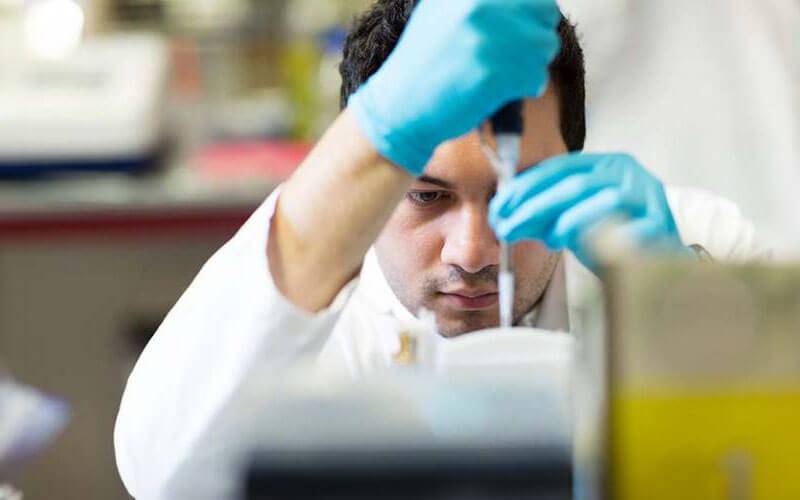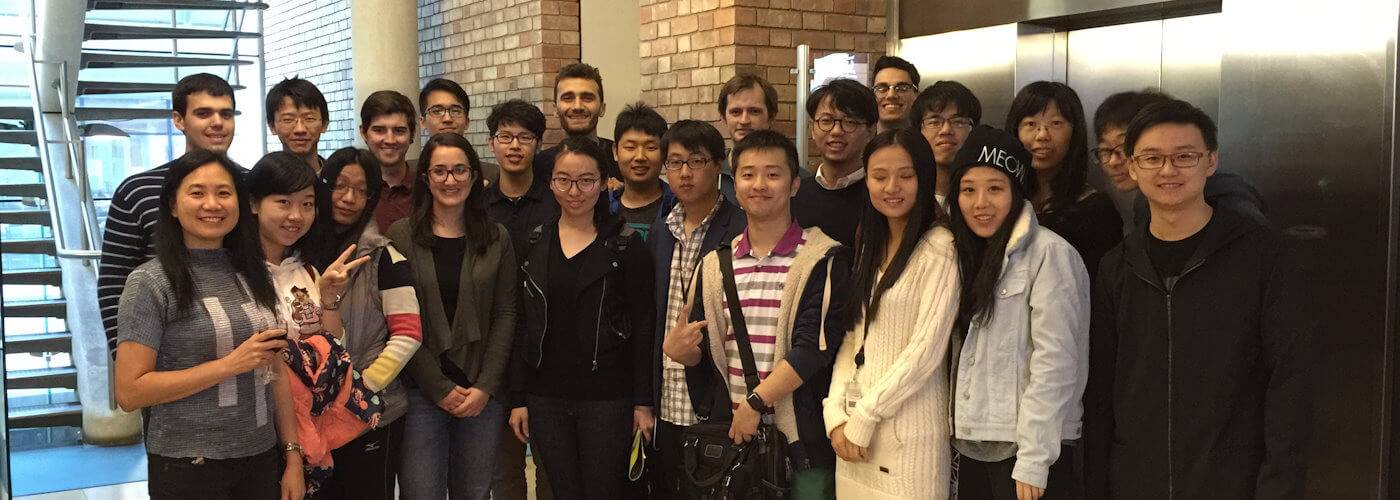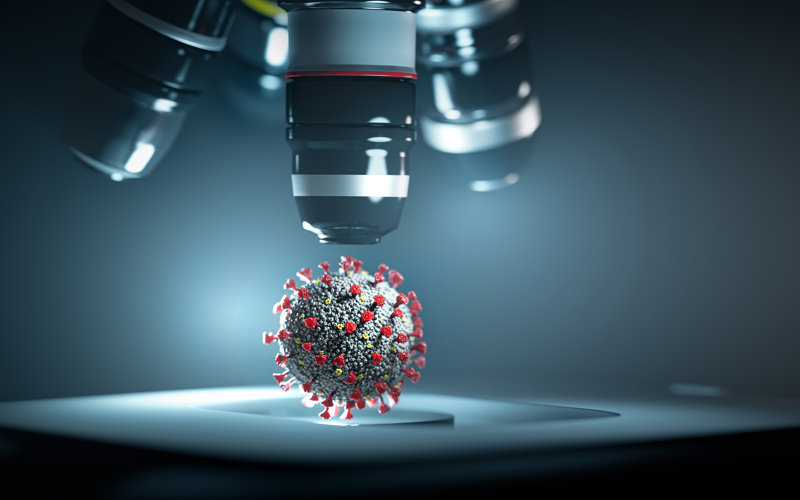Teaching

Postgraduate Open Evening, 11 June: Medical, Health and Life Sciences
Join us on 11 June from 4pm to learn more about postgraduate study at UCL within the fields of medical, health and life sciences. Sign up today.

Postgraduate Open Evening, 11 June: Medical, Health and Life Sciences
Join us on 11 June from 4pm to learn more about postgraduate study at UCL within the fields of medical, health and life sciences. Sign up today.
Postgraduate research
We provide a supportive training environment for the next generation of postgraduate researchers. There are usually 20-30 postgraduate students at the WIBR working towards a PhD, MD(Res) or MBPhD award.
Our strengths fall within the approaches we use to underpin research in biological function, development, and disease processes.
WIBR postgraduate students have a full-time postgraduate tutor for mentoring and pastoral care. You will usually meet every month to discuss student-related issues, hold informal student research seminars, and listen to speakers invited by the students.

Testimonials

With the help of the course director, Maximilian Liedtke overcame the challenges of a late start to the MSc Drug Design degree to shatter boundaries and eventually become a Dean's Prize winner.

Technology-driven Lyubomir Kotopanov learned how to use software to design new medicines and how to speed up the drug discovery process using machine learning on our MSc Drug Design.

Industry support
Databases
- ChEMBL - For chemical, bioactivity, and genomic data
- Codon usage database
- DrugBank - Drug/Target information
- EBI
- ExPASy - ExPASy proteomics server
- NCBI
- PDB - Research Collaboratory for Structural Bioinformatics (RCSB)
- PDBsum - Summaries and structural analyses of PDB data files
- Swiss-Prot - Protein sequence and function
- Mobyle@pasteur - codon calculation
- UniProt - Protein sequence and function
Our industrial collaborators give us insightful lectures, offer us research projects, and teaching software licenses.
Software
We are grateful for the permissions to use the following commercial and academic software, databases and programmes. Bring a working laptop of your choice to UCL.
Bioinformatics
- BioEdit - Biological sequence alignment editor
- PyMOL - Open-source molecular graphics visualisation, PyMOL examples
- RasMol - Molecular graphics visualisation
- Swiss-Pdb Viewer - PDB viewer
Comprehensive
- MOE (CCG) - Comprehensive computational software
Molecular Modeling/Cheminformatics
- Pipeline Pilot - Comprehensive cheminformatics tools
- Cresset Field Technolgy - Molecular Field technology
- GOLD (CCDC) - Protein-Ligand Docking
- YASARA (Yasara) - Modeling and SImulation
- Draw - Chemical structure drawing tool
- COOT - Crystallographic Object-Oriented Toolkit
Others
- Origin (OriginLab) - Data analysis, publication-quality graphing, and programming.
- NCBI Blast - Similarly between biological sequences
- Optimizer - Optimise a DNA or protein sequence
- phyre - Protein Homology/analogY Recognition Engine
- RaCC - Rare Codon Calculator
- Rare codon search (Bioline)
Reading materials
Please do not feel obliged to buy all these books. Together, they will be expensive. You can find some of these in the UCL Library.
- Drug Discovery
- Bioinformatics
- Applied Bioinformatics: An Introduction, Selzer et al.
- Essential Bioinformatics, Xiong
- Bioinformatics (Advanced Texts), Orengo et al.
- Understanding Bioinformatics, Zvelebil et al.
- Structural Bioinformatics, Gu, Bourne (eds)
- Structural biology
- Protein Structure and Function (Primers in Biology), Petsko et al.
- Cheminformatics / modelling of drugs
- An Introduction to Chemoinformatics
- An Introduction to Medicinal Chemistry
- Fundamentals of Medicinal Chemistry
- Chemistry of Drugs (New Chemistry)
- Biological molecules as therapies
- Computational Structural Biology: Methods And Applications
- Biology of drug discovery programmes
- FBDD
- Target selection
 Close
Close




